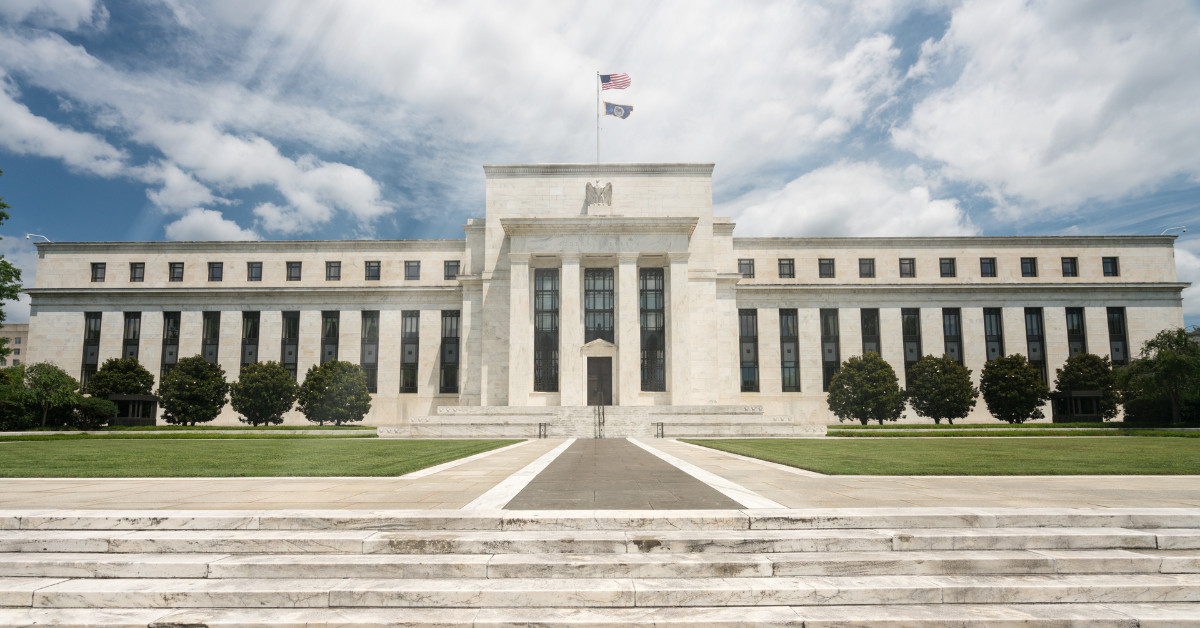Article

As the U.S. economy grapples with higher-than-expected inflation rates, the ripple effects are being felt across global financial markets. The latest data reveals that US inflation has continued its upward trajectory, prompting concerns among investors and policymakers worldwide. This blog explores the causes of rising inflation, its impact on global markets, and potential responses from the Federal Reserve.
Understanding the Inflation Surge
Inflation in the U.S. has surged due to a combination of factors. The primary drivers include:
1. Supply Chain Disruptions: Ongoing supply chain issues, exacerbated by the COVID-19 pandemic and geopolitical tensions, have led to shortages of critical goods, driving up prices.
2. Labor Market Constraints: Tight labour markets and rising wages have increased production costs, contributing to higher consumer prices.
3. Energy Prices: Significant increases in energy costs, particularly oil and gas, have added to inflationary pressures.
4. Demand Recovery: Strong consumer demand, fueled by robust fiscal stimulus and economic recovery efforts, has outpaced supply, pushing prices higher.
Global Market Reactions
The rise in U.S. inflation has had a profound impact on global financial markets in several ways:
1. Stock Market Volatility: Higher inflation has led to increased volatility in stock markets. Investors are concerned that persistent inflation could erode corporate profit margins and lead to tighter monetary policy.
2. Bond Yields: Inflation expectations have pushed up bond yields as investors demand higher returns to compensate for the reduced purchasing power of future interest payments. This shift has implications for global borrowing costs.
3. Currency Fluctuations: The U.S. dollar has fluctuated as investors weigh the potential for the Federal Reserve to raise interest rates. A stronger dollar can impact emerging markets by making debt repayments more expensive.
4. Commodity Prices: Inflation has also influenced commodity prices. Higher energy and raw material costs affect production costs globally, impacting various manufacturing and agriculture sectors.

The Federal Reserve’s Potential Responses
The Federal Reserve faces a challenging task in balancing inflation control with economic growth. Potential policy responses include:
1. Interest Rate Hikes: To combat inflation, the Fed may raise interest rates. Higher rates can cool economic activity by making borrowing more expensive, but they also risk slowing down growth.
2. Reducing Asset Purchases: The Fed might reduce its bond-buying program, a move that would tighten monetary policy and signal a shift towards combating inflation.
3. Forward Guidance: Clear communication about future policy actions can help manage market expectations and reduce uncertainty.
Global Implications
The Federal Reserve’s actions will have significant global implications:
1. Emerging Markets: Higher U.S. interest rates can lead to capital outflows from emerging markets, putting pressure on their currencies and financial systems.
2. Global Trade: Inflationary pressures and policy responses can affect global trade dynamics, influencing everything from commodity prices to export competitiveness.
3. Investment Flows: Changes in U.S. monetary policy can redirect global investment flows, impacting stock and bond markets worldwide.
The rise in U.S. inflation is a critical issue with wide-reaching effects on global financial markets. Investors and policymakers must navigate this complex landscape, balancing the need for economic stability with the pressures of rising prices. As the situation evolves, close monitoring of inflation trends and central bank policies will be essential for making informed investment decisions.
By understanding these dynamics, stakeholders can better prepare for the challenges and opportunities that lie ahead in an increasingly interconnected global economy.
Subscribe to the De Pointe Research Blog to stay in the loop of the latest trends and updates in the global economy and financial sphere.






